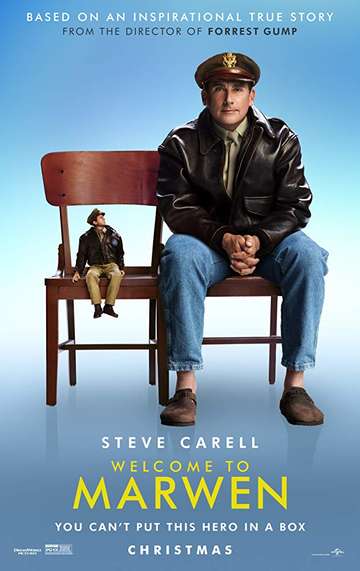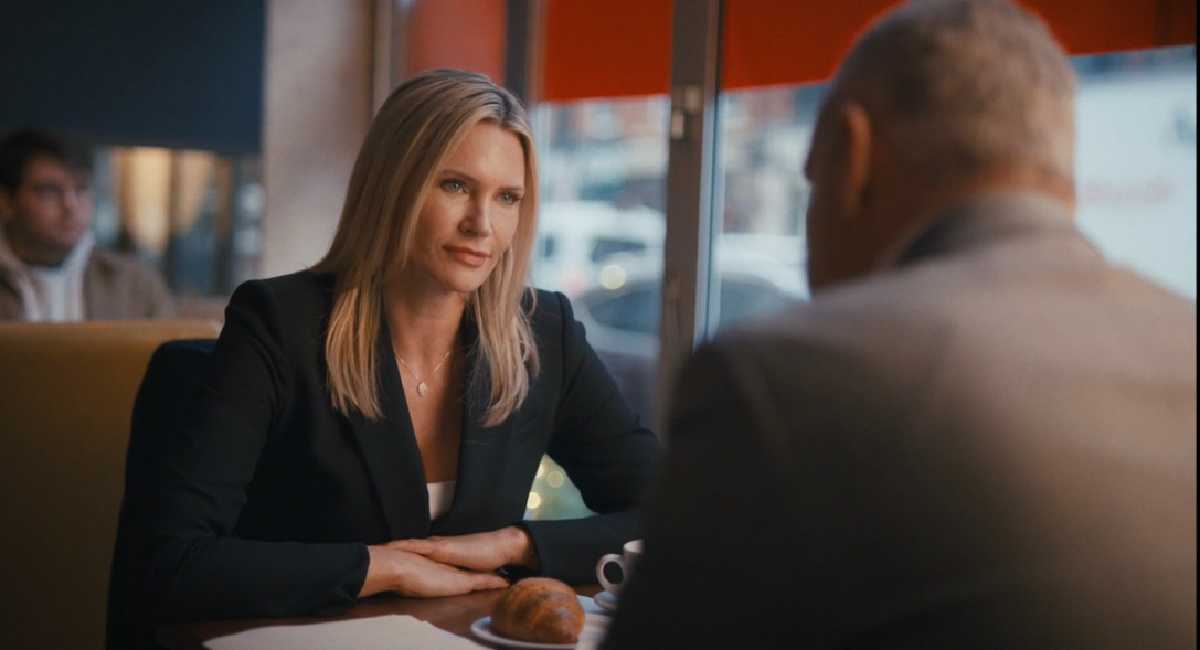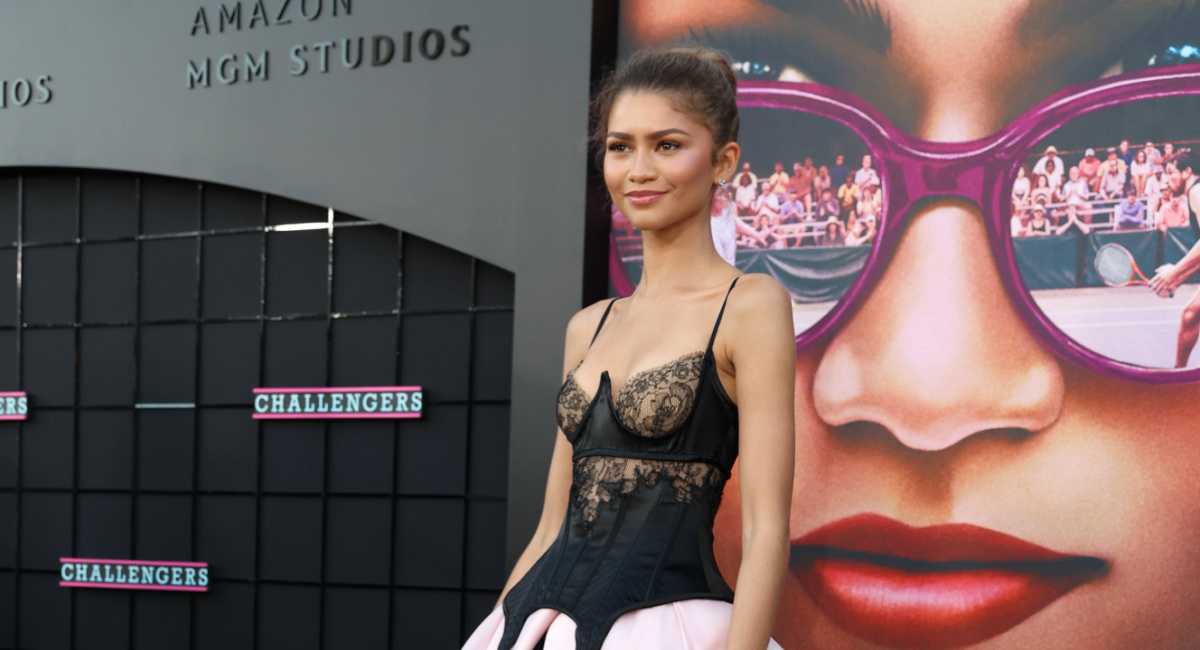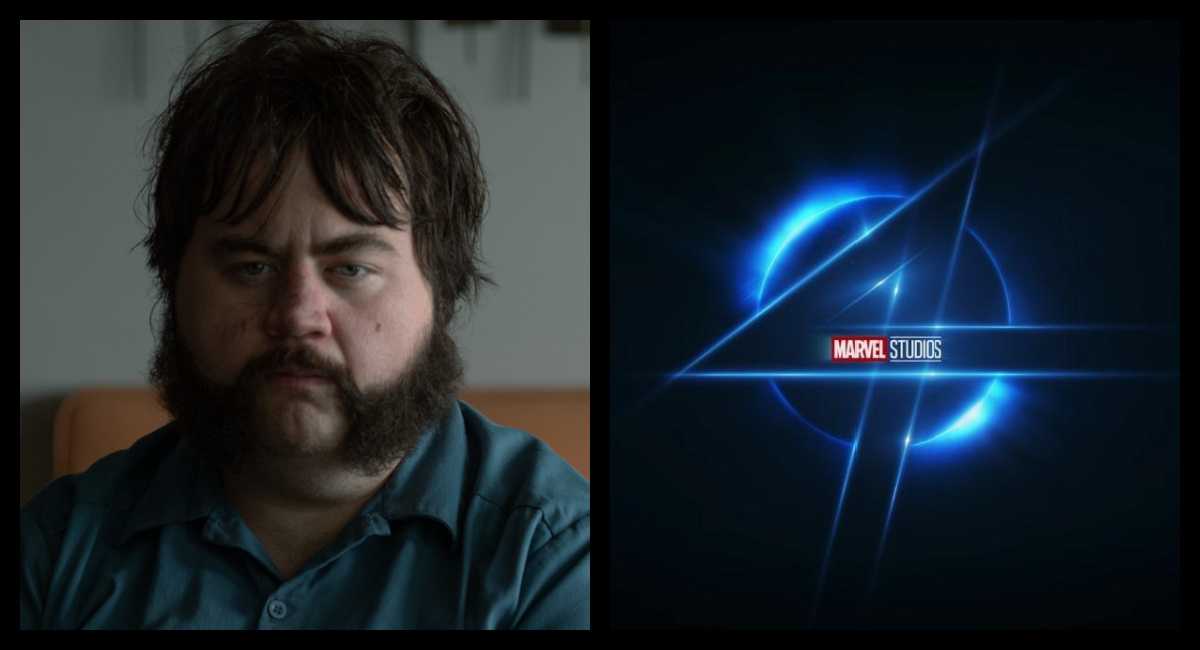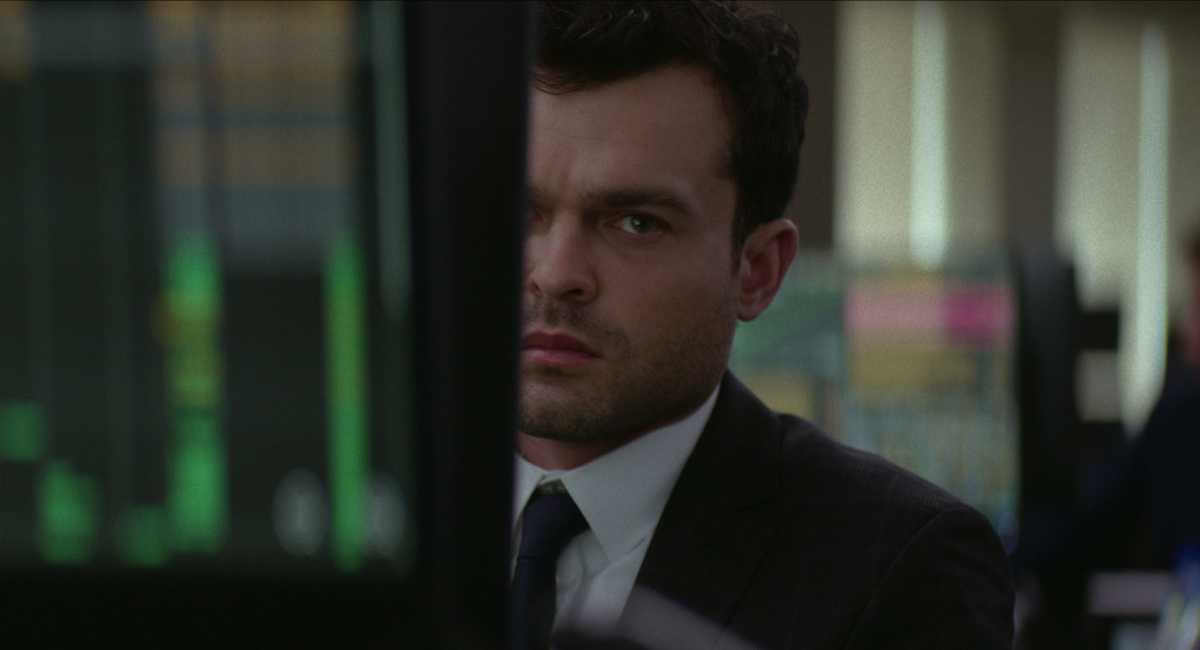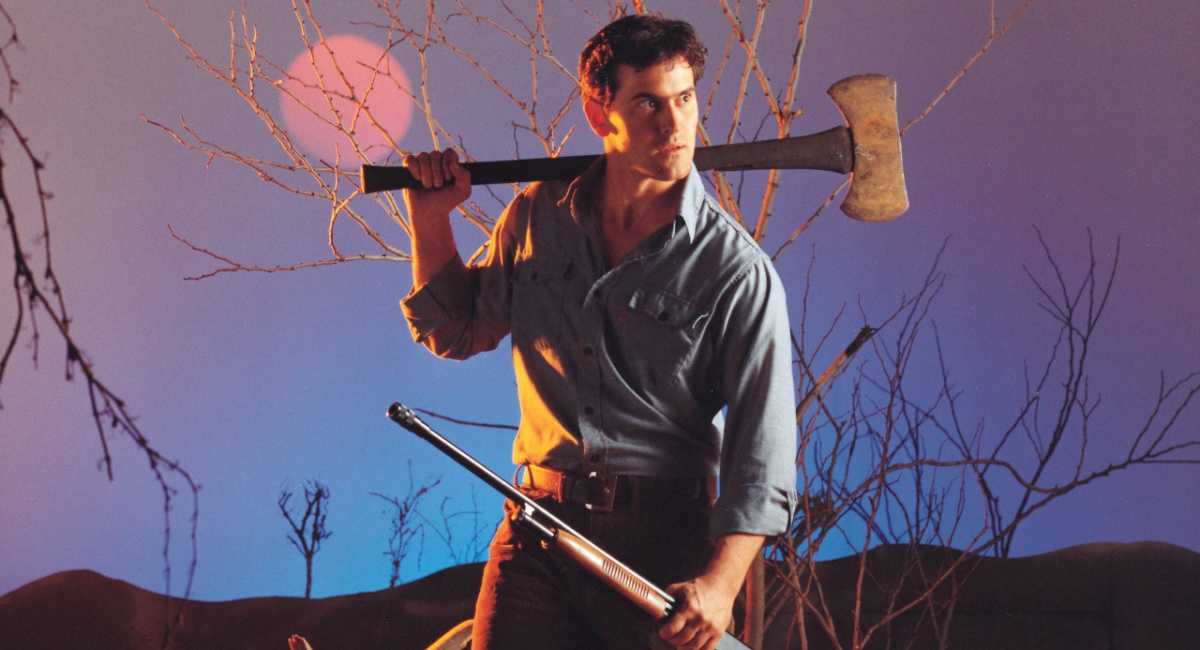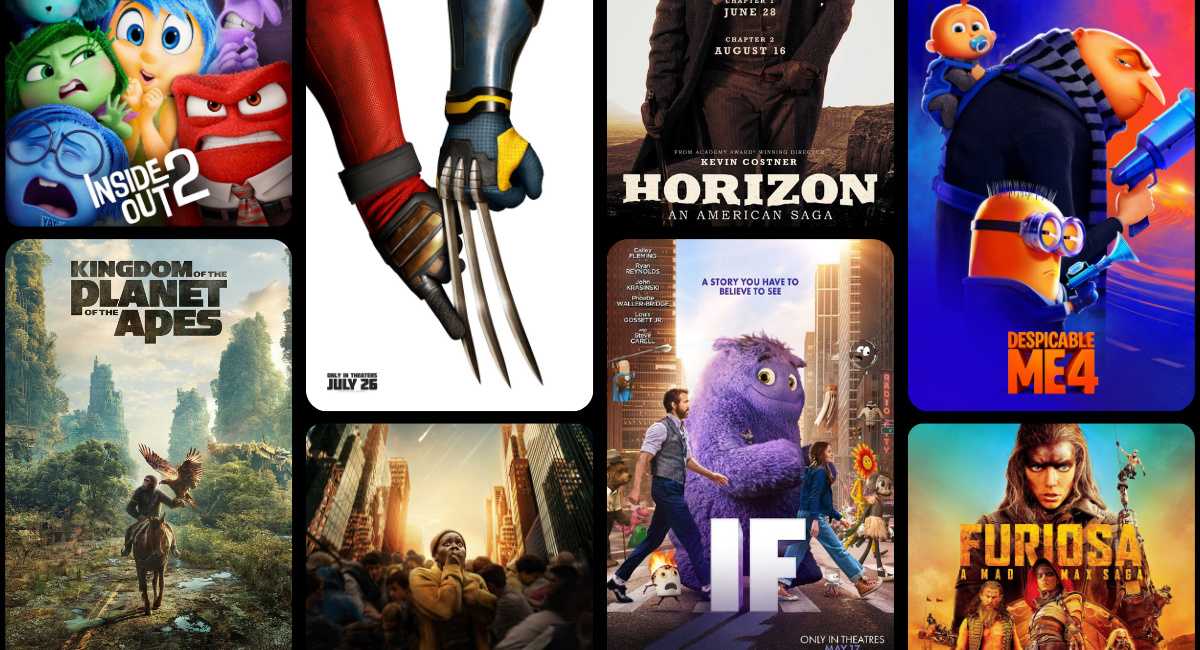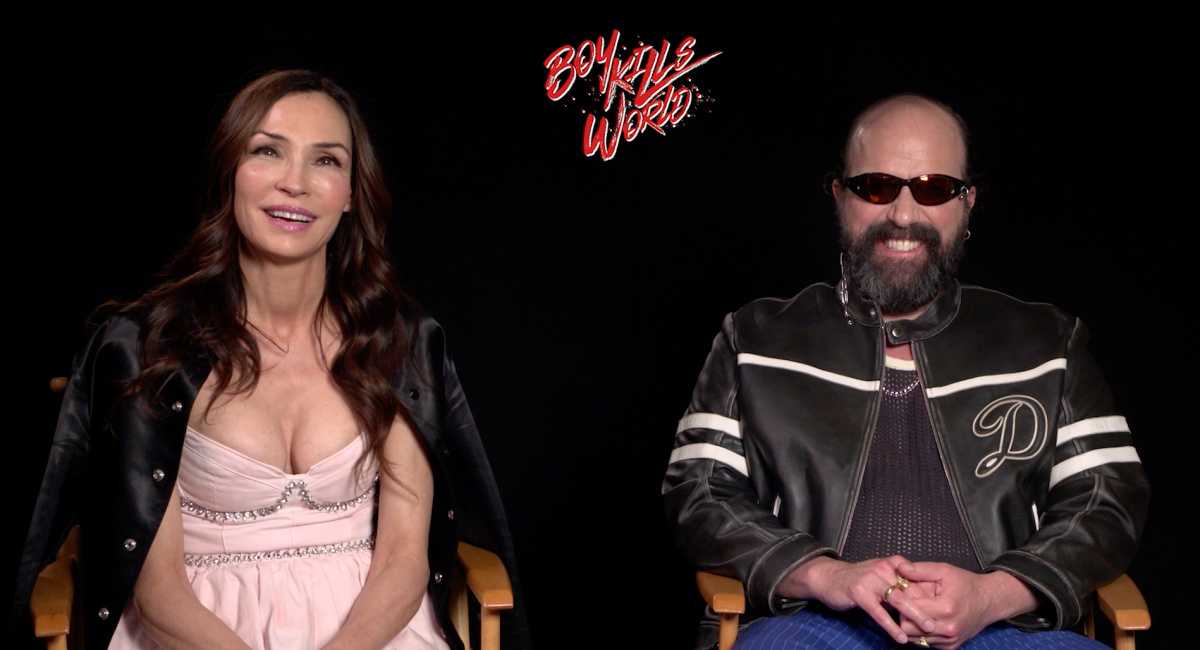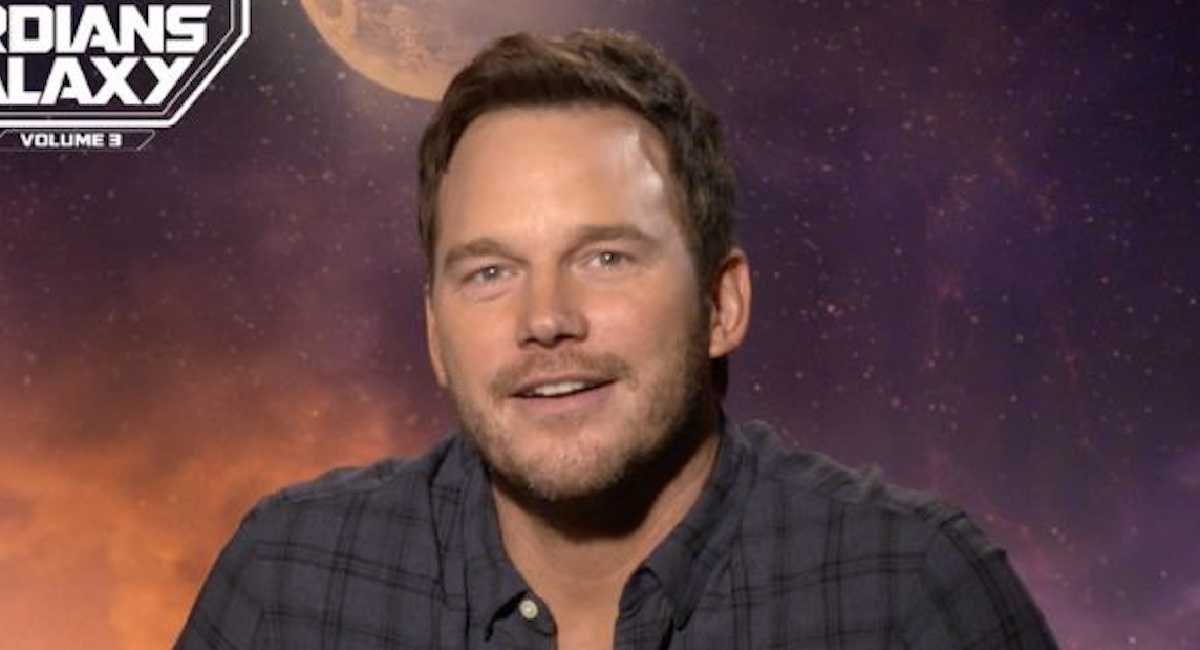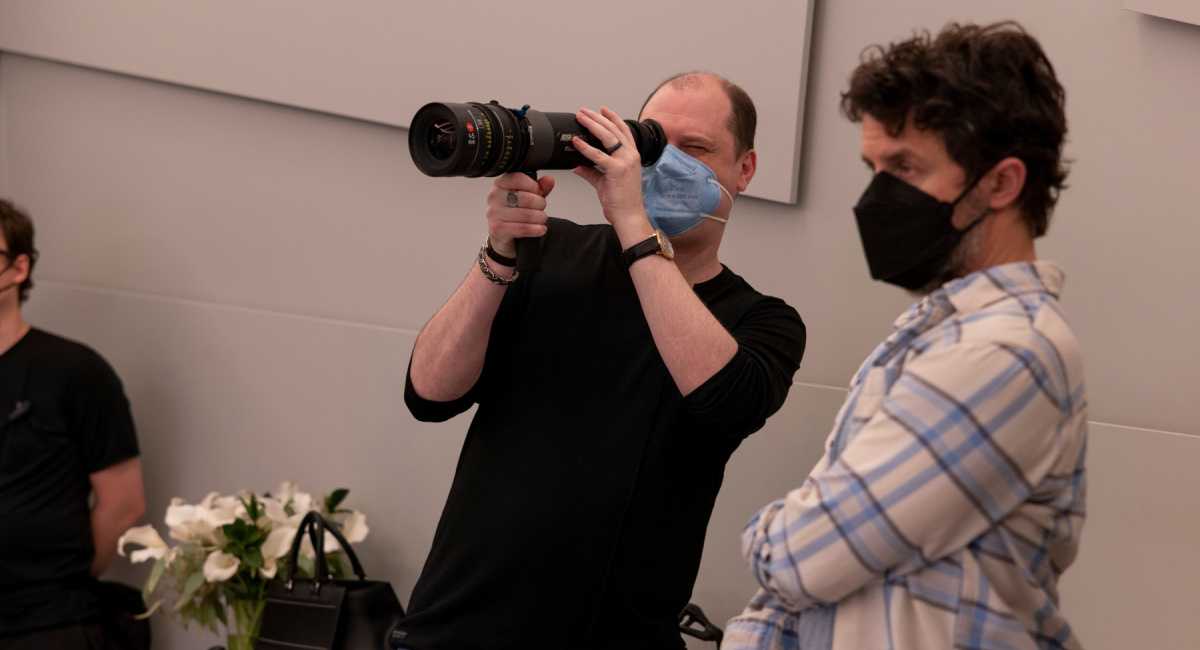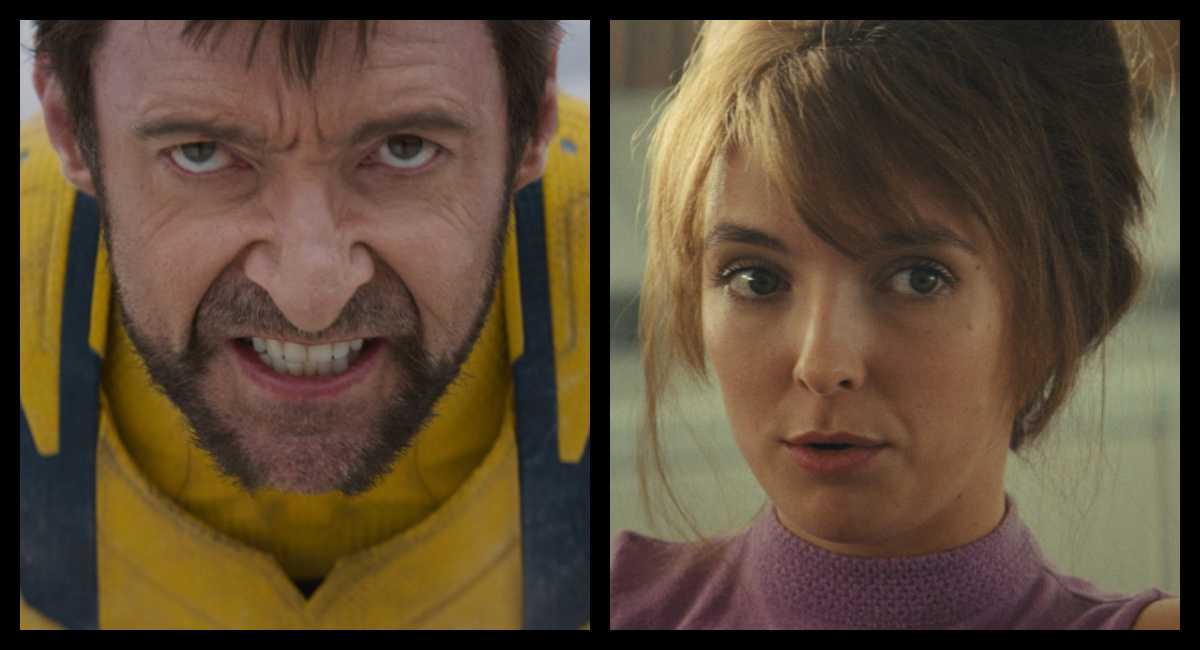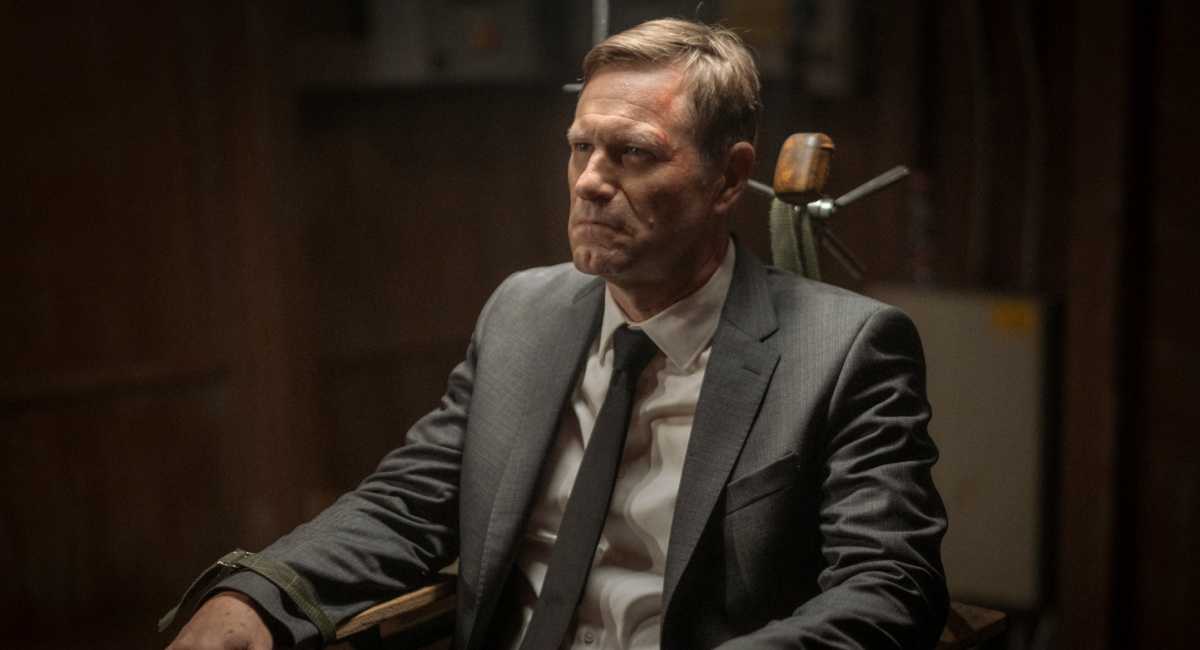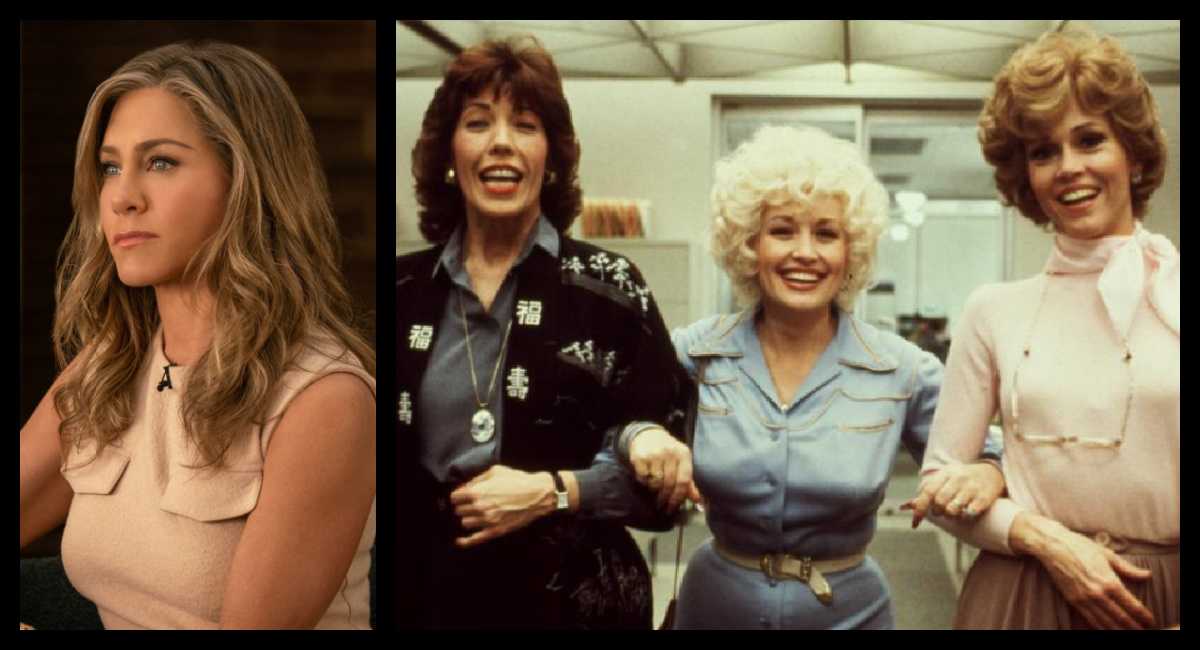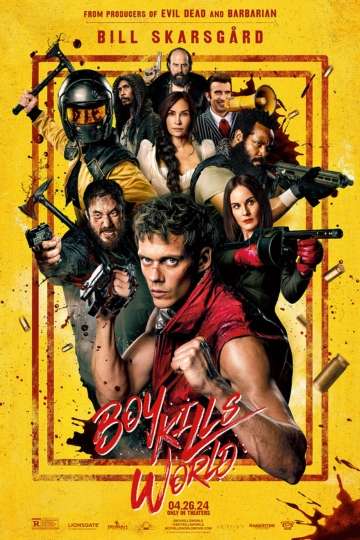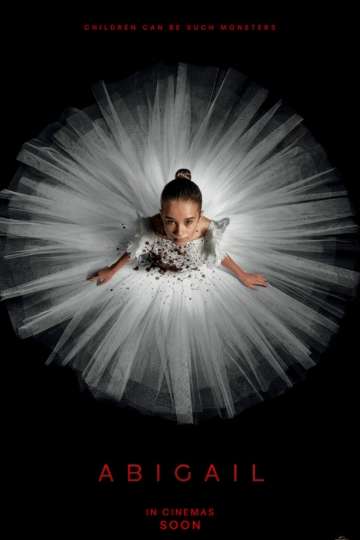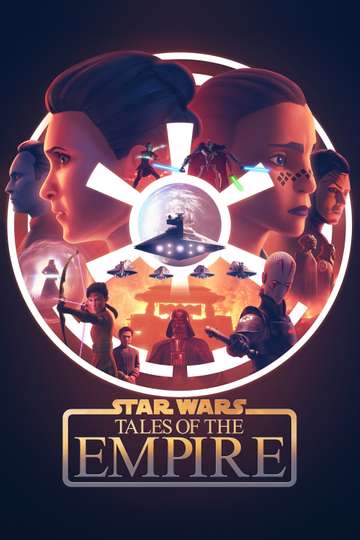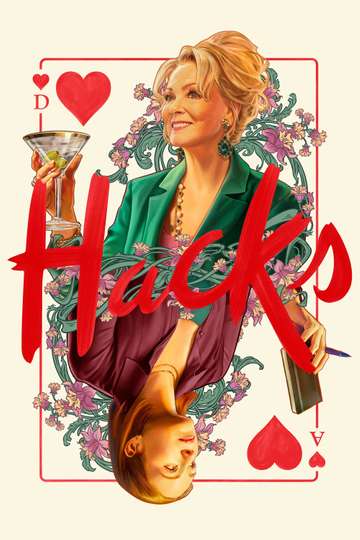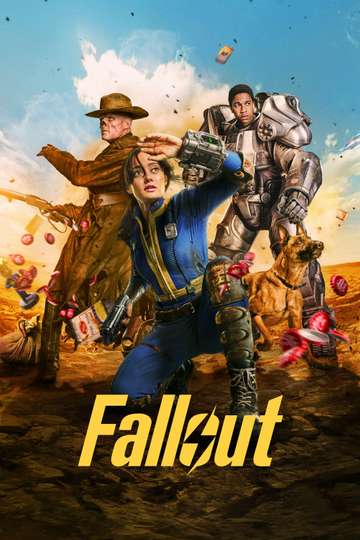'Welcome to Marwen' Director Robert Zemeckis On Why Toon Town Makes Him Nervous
Sometimes just saying a filmmaker's name can conjure up the mood and atmosphere of their entire oeuvre. This is the case with Robert Zemeckis, who has delighted the world with endless invention and innovation over the course of his career and whose movies feel, more often than not, exciting, scary and fun, but always deeply emotional and resonant. You care about the characters, no matter what oversized scenario Zemeckis has invented for them to tumble around in. He is a treasure and every one of his movies should be treasured; they're as polished, beautiful and intricate as any jewel.
His latest jewel is "Welcome to Marwen," a based-on-a-true-story fantasy adventure about a man (Steve Carell) who, after a violent beating, copes by making a tiny miniature village behind his home, populated by versions of the people in his own town. Given that this is a Zemeckis movie, and as a filmmaker who never shies away from cutting-edge technology, the dolls themselves are brought to life via motion-capture performances, done by all the same actors and actresses (Leslie Mann, Janelle Monae, Eiza Gonzalez). The entire thing conjures up a world that only Zemeckis could create, both earthbound and emotional and still fantastically out-there at the same time.
Our conversation darted around all over the pace, from the Zemeckis shout-outs included in "Ready Player One" to his failed motion-capture "Yellow Submarine" remake, and to maintain that goofy spirit, it is included below.
Wanted to ask first about "Ready Player One," which had so many references to your films. What was your reaction?
I thought it was very nice. It was a great tribute. It was really fun.
Did you and Spielberg chat about it beforehand?
Yeah, he told me what was going on. We chatted a little bit. But I think all of that was in the book.
This can be applied to your entire career and certainly to "Welcome to Marwen," but when choosing projects, how much are you drawn to the story and how much are you drawn to some crazy technological hurdle that you're looking to overcome?
Well, I think it's usually a blend of both. But I think it's always the human emotional story first. Because that's the only way I know how to make the movie. And then I do honestly ask myself the question, So how can we do this in a way that has never been seen before? How can we make this a reason to go to the movies, to present a story that should be done as a work of cinema? And tell the story as cinematically as we possibly can.
You haven't used performance-capture this extensively since you stopped making completely performance-capture movies. Was it fun to integrate the disciplines?
Yeah it was. There was a lot of performance-capture in "The Walk" but you didn't know it.
Really?
Oh yeah. But yes … the answer to the question is yes.
Now I want to know about the performance-capture in "The Walk!"
No, it's okay. There are always things happening all over the place these days.
It was interesting to read the press notes and learn that you were going to build the entire town.
Well, yeah, we went through every process. We did our due diligence to figure out what would be the way. The key thing that we wanted to do was that we never wanted to lose the power of the human performance, translating it to the doll. So we tested everything and ran through every conceivable idea. Then we landed on what we'll call "enhanced performance-capture," and we tested it a lot to make sure it could deliver, before we ever stepped on the set.
Your last few movies have either been based on real events or been set in a historical framework. Is that a response to getting out of animation and dealing with actors? Or where does that inclination come from?
I don't know. I don't think about it consciously. I did read a quote from Francois Truffaut who said, "Every filmmaker's decision to make a film is a reaction to the film they just made." So whatever that means! It might be something to do with that.
This is 30 years after you made "Who Framed Roger Rabbit," but there's still the same mixture of live-action and animated elements.
A little bit.
What has changed the most?
Oh god everything is easier. Every frame of "Roger Rabbit" was drawn by hand. Anybody can do "Roger Rabbit" now since we have computers. But that was backbreaking work back then.
Do you ever want to return to that world?
Well, look, there's a really good script at Disney for a sequel but I don't think it's on their agenda. There are no princesses in it. [laughs]
Roger Rabbit was in the parks for a long time.
Well, we still have Toon Town.
That's true. Do you ever go on the ride?
The Roger Rabbit ride? The Car Toon Spin? Oh yeah of course. I like it. I think Toon Town is kind of cool. You know what I like about Toon Town?
What?
It makes you nervous. When you're in Toon Town, I get anxious, because it's kind of nuts. I think they really captured the thing that was the essence of Toon Town from the movie. It's almost like, at certain points, you say, "I've got to get out of here."
Speaking of Disney, I'm mildly obsessed with your proposed "Yellow Submarine" motion-capture remake. Can you talk about what that was going to be?
It was going to be a dimensionalized 3D remake of the original movie, with massive improvements to the story, with a lot of effort made to bring the characters of the Beatles into the story as best we could.
Are you still looking to do more performance-capture movies?
Again, I don't look to do movies based on a technological thing. If a story comes along that it works with, like "Marwen," then good. But I'm not out there going, "I've got to get me a performance-capture movie!" No way.
One of my favorites of your performance-capture work is "Beowulf." And I'd heard you wanted to do a PG-13 version for regular cinemas and NC-17 for IMAX. Is that true, at all?
I floated the question about … It wasn't NC-17 but it was unrated … So I said, "Why can't we, since we're going to be on a limited number of screens and people have to pay a premium to play IMAX, just try that?" And I've asked that a couple of times. And they always say no, it gets too complicated, they can't do that, somebody will walk into the wrong theater and write a letter to the MPAA and they didn't want to deal with that. But now it doesn't matter anymore because the only time the ratings of movies matter is in movie theaters. Everything that's being streamed is unrated. Anybody can watch anything.
You're in the unique position of having a big movie opening in a bunch of screens nationwide and having a hit show on television at the same time ("Manifest"). There's this big debate about where people should see movies and how they should see them and wanted to see where you fell in?
I've kind of given up on it the debate, because everything is becoming this giant stew. I don't think anybody knows what's going on. It's a free-ball. I personally love the cinema. I love the cinema experience. I love audiences collectively experiencing something. I love the idea like in the movie "Jaws," when Roy Scheider steps into water that's inside the boat, when the shark is attacking, that the audience screams even though there's no possible way the shark is in that boat. Audiences who see the movie in isolation don't get to experience that. So just the idea that the collective audience experience is something that I personally like and I make my movies like that and then if you see it on your phone, you see it on your phone.
I just have to ask this question, because it's so weird: there's a deleted scene/outtake on the "Back to the Future" box set where Michael J. Fox does an entire scene as a cholo. Do you remember this?
Yes I do.
Why did he do that?
He was just goofing and we rolled the camera. He just showed up one day and wanted to do that. He just walked in that day and started that, and I said, "Hey, roll."
"Welcome to Marwen" is everywhere this Friday.
